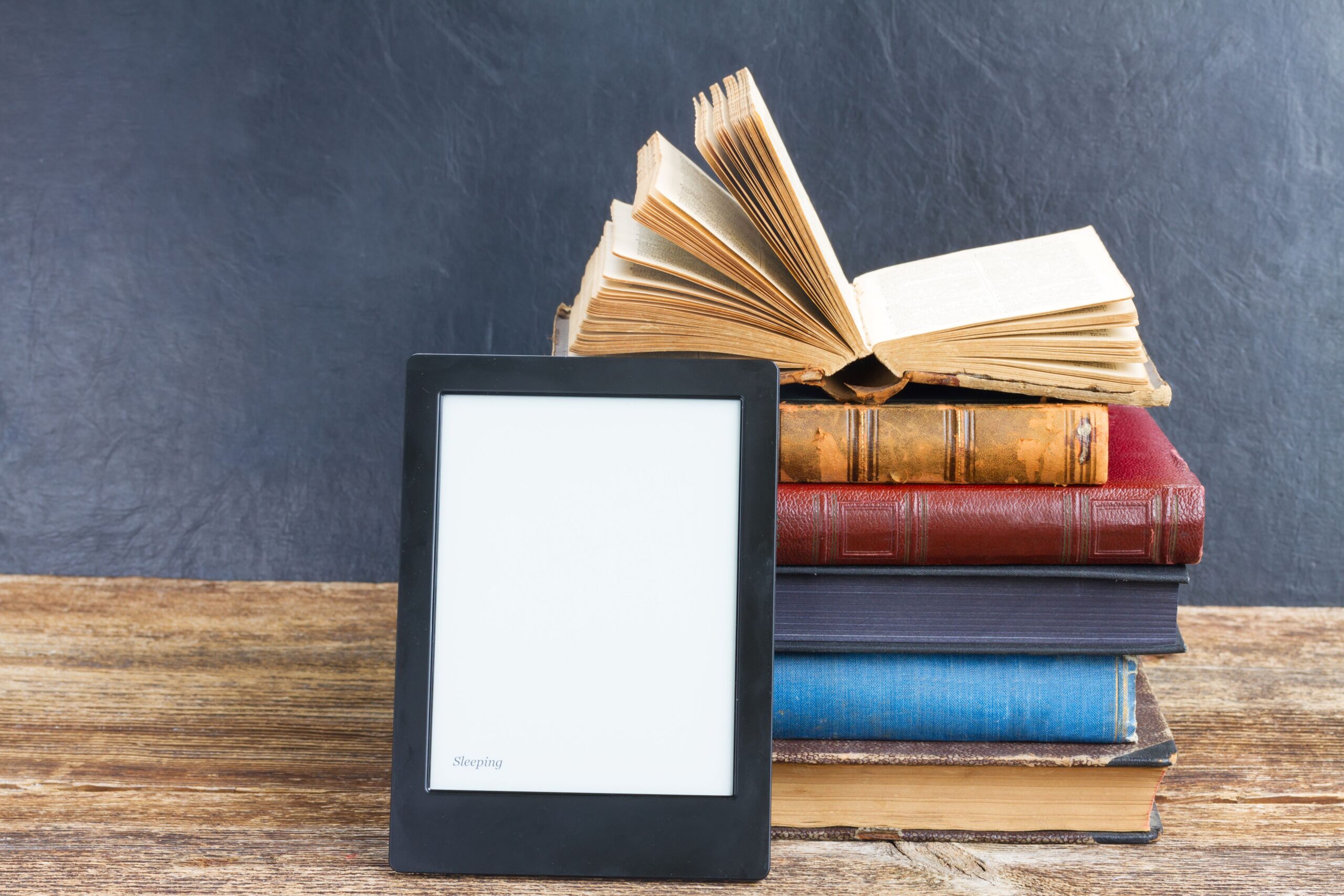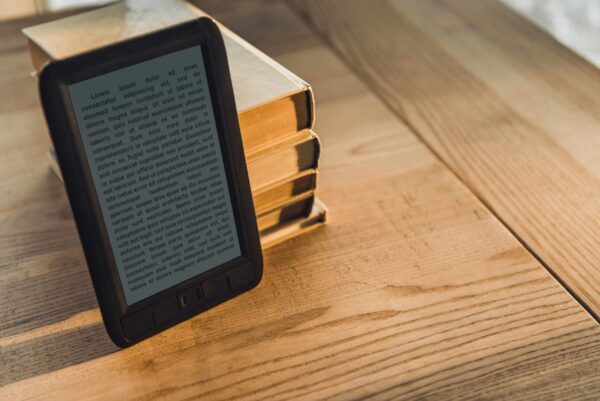In 2009, Amazon was the center of a high-profile scandal. Without warning, the company deleted electronic versions of George Orwell’s 1984 and Animal Farm from Kindle devices.
The reason was that the publisher had “changed its mind,” although the situation seemed like a living embodiment of the dystopia Orwell wrote about. Users who had already paid for the books suddenly found they could no longer access them. This caused a public outcry and raised questions for Amazon: if a purchased book can disappear at any moment, does it really “belong” to the buyer?
Read also: How Soft2Bet Strikes a Balance Between Platform Stability and Player Convenience
Almost 15 years later, this story is taking a new turn, but now on legal grounds.
Changes to the Kindle Store Book Purchase Policy (Again)
Starting in April 2025, Amazon changed the wording for book purchases in the Kindle Store. Users no longer “buy” a book, but “purchase a license” to use it, agreeing to the Kindle Store terms and conditions. This is a direct consequence of California’s new law AB 2426, which prohibits digital content sellers from using terms such as “buy” or “purchase” unless a complete transfer of ownership of the product accompanies them.
In other words, any digital book is now a rental, even if the user has paid the full price. What’s more, Amazon has restricted the ability to create local copies of books: it is now impossible to download a file to a computer to save it in a personal archive. E-books are only available through the Kindle device itself or the official app.
This means that Kindle users not only do not become owners of the books, but also lose control over access to them outside the Amazon ecosystem.
Why is This Important?
The new law was passed to protect consumers from misleading digital content advertising.
Lawmakers reasoned that if a user cannot dispose of a file at their discretion, they do not “buy” it, but only use it temporarily. However, as in 2009, the main blow fell on the freedom of action of the end user. Ownership of a book is turning into a service with limited access.
Is There an Alternative to Kindle?
Despite the tightening of conditions in the Kindle Store, readers still have options:

- Libby is an app that works with any public library card and allows you to borrow e-books for a limited time. The books are compatible with Kindle.
- Hoopla is a similar platform that provides access to books, audiobooks, and movies. It supports downloading to mobile devices.
- Overdrive is a web service with a catalog of e-books, magazines, and audiobooks available with a library card.
These services are free and allow you to access a vast library without violating new legal restrictions.
Moreover, if the book you want isn’t in your local library’s catalog, you can register with another state library system online or in person and expand your options.
Wrapping Up
Amazon has once again reminded us that digital does not mean yours. The book does not become your property even if you pay for it. The new rules dictated by legislation bring us back to a question that users asked back in 2009: how much can you trust a platform that can take away what you supposedly bought at any moment?

